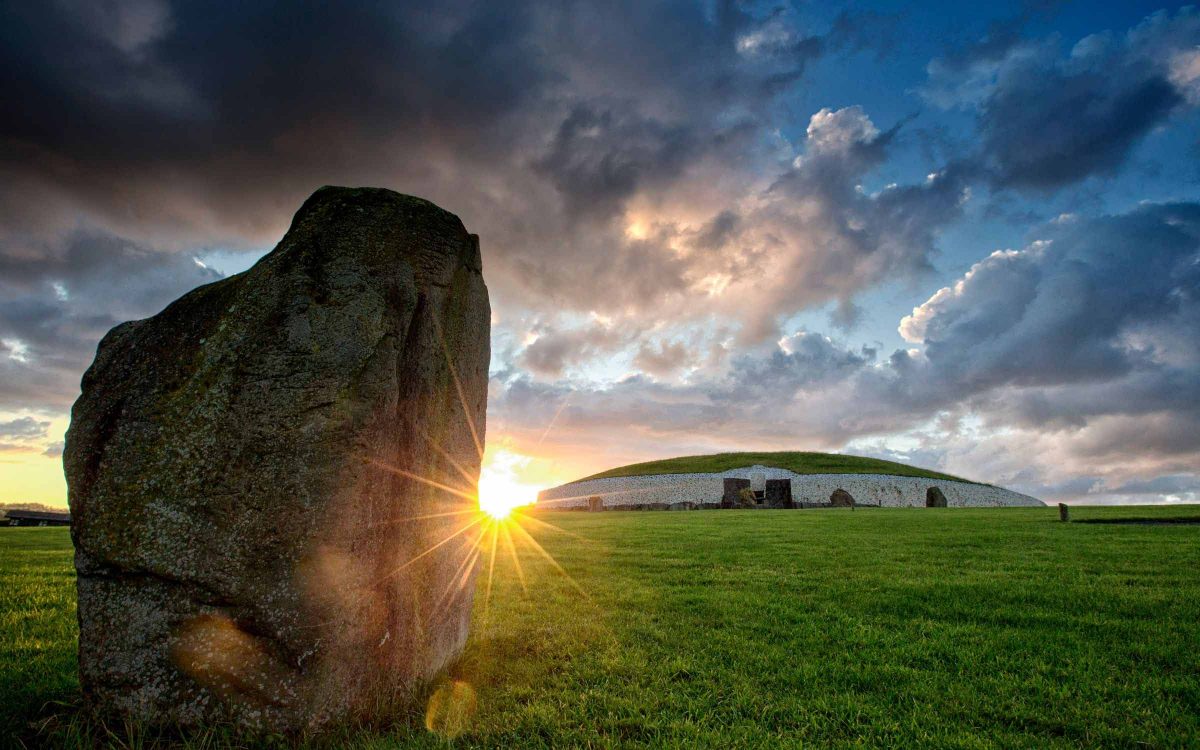With the recent news about Stonehenge, we should have a topic on the fascinating Ancient Britain.
~~~~~~~~~
~~~~~
"
The inland portions of Britain are inhabited by those who themselves say that according to tradition they are natives of the soil; the coast regions are peopled by those who crossed from Belgium for the purpose of making war. Almost all of these are called by the names of those states from which they are descended and from which they came hither. After they had waged war they remained there and began to cultivate the soil. The island has a large population, with many buildings constructed after the fashion of the Gauls, and abounds in flocks. For money they use either gold coins or bars of iron of a certain weight. Tin is found in the inland regions, iron on the seacoast; but the latter is not plentiful. They use imported bronze. All kinds of wood are found here, as in Gaul, except the beech and fir trees. They consider it contrary to divine law to eat the hare, the chicken, or the goose. They raise these, however, for their own amusement and pleasure. The climate is more temperate than in Gaul, since there are fewer periods of cold. . . .
By far the most civilized are those who dwell in Kent. Their entire country borders on the sea, and they do not differ much from the Gauls in customs. Very many who dwell farther inland do not sow grain but live on milk and flesh, clothing themselves in skins. All the Britons paint themselves with woad, which produces a dark blue color; and for this reason they are much more frightful in appearance in battle. They permit their hair to grow long, shaving all parts of the body except the head and the upper lip. Ten and twelve have wives common among them, especially brothers with brothers and parents with children; if any children are born they are considered as belonging to those men to whom the maiden was first married. . . .
This is their manner of fighting from chariots. At first the charioteers ride in all directions, usually throwing the ranks into confusion by the very terror caused by the horses, as well as the noise of the wheels; then as soon as they have come between the squads of horsemen, they leap from the chariots and fight on foot. The drivers of the chariots then withdraw a little from the battle and place the chariots together, so that if the warriors are hard pressed by the number of the enemy, they have a safe retreat to their own. Their horsemen possess such activity and their foot soldiers such steadfastness in battle and they accomplish so much by daily training that on steep and even precipitous ground they are accustomed to check their excited horses, to control and turn them about quickly, to run out on the pole, to stand on the yoke, and then swiftly to return to the chariot.
"
-Julius Caesar,
De Bello Gallico
A brief history of Caesar's invasion of Britain:

heritageireland.ie












